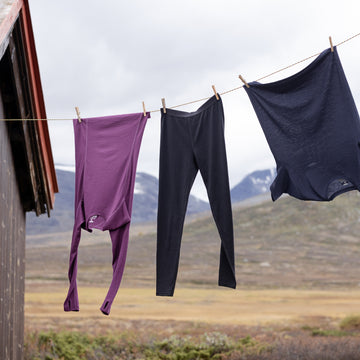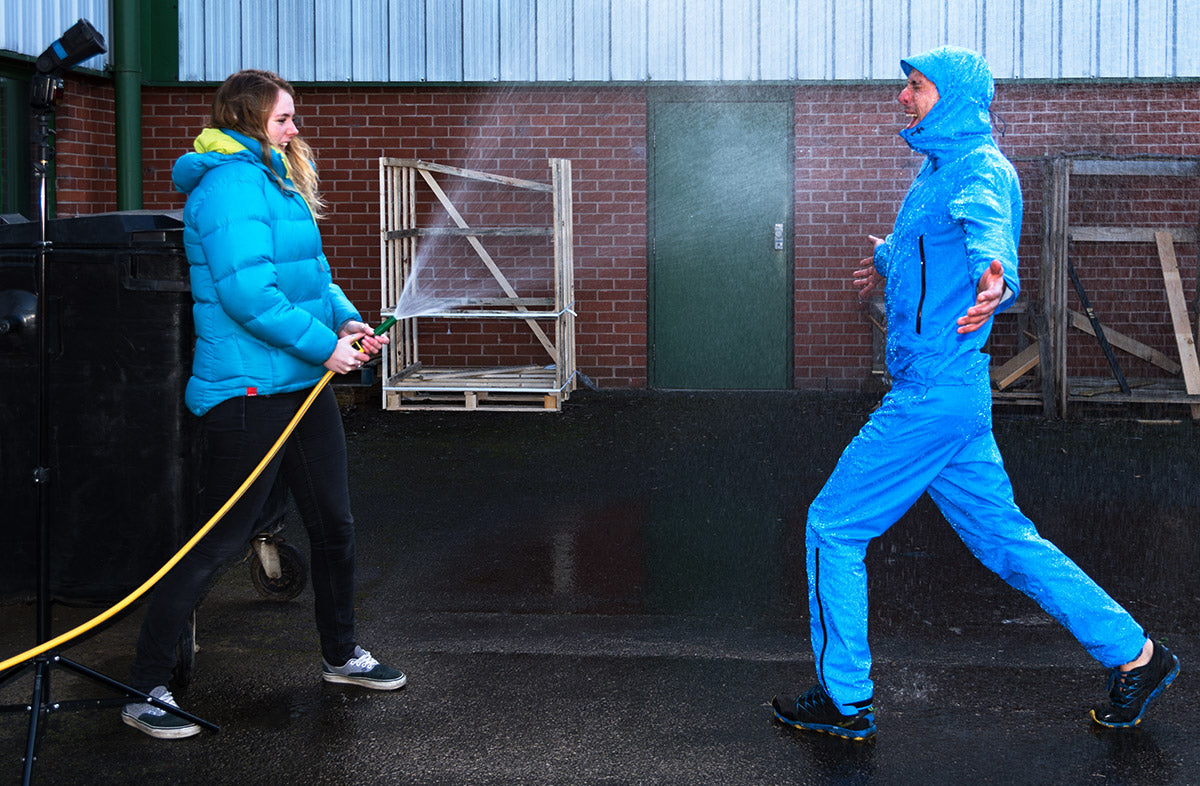
Improve your waterproof jacket’s breathability with reproofing and proper cleaning. Stay drier and more comfortable in wet conditions.
You’re up Kinder, the steep climb is out of the way and you’re up in the clouds navigating the plateau. You’re having a lovely day until you realise that you are wet on the inside and your fancy technical waterproof seemsto be lettingthewater in. What gives?
Your waterproof has one job-to keep you drywhen it’s wet -but this involves more than just keeping the rain from getting in. When you are active, you produce moisture. If this moisture has nowhere to escape it will stick around in your jacket and make you feel damp, so your jacket needs to be breathable as well as waterproof. It does this using a membrane which lets water vapourescape(like sweat)without letting liquid water (like rain) in.
When you think your waterproof might be leaking, the culprit is often water coming from inside the waterproof (such as your perspiration) rather than rain getting in. This means that it’s breathability, not waterproofness, that’sthe issue. Here’s how you can help your waterproof to do its job well.
1. Restore your DWR by cleaning or reproofing your waterproof.
The DWR (durable water repellent) repels water to prevent it from saturating the outer fabric of your jacket, allowing moisture vapour to escape. The DWR doesn’t perform as well when clogged with dirt and oils, and sometimes just wears off completely and needs restoring. Read our step-by-step instructions for restoring your waterproof's DWR.
-
If you’re running in a waterproof, make sure your rucksack fits well so that it doesn’t bounce around and rub on your jacket.
-
If you carry your ice axe down the back of your rucksack, be careful where the adze sits – most fabrics aren’t ice axe proof and DWRs definitely aren’t!

Water droplets beading up and rolling away, rather than saturating your jacket and making it less breathable
2. Assess your layering system
-
A waterproof layer makes you warmer when active. If you wear too many layers underneath you’ll quickly overheat and sweat, accumulating moisture inside your shell which makes you feel like your jacket is leaking.
-
For me the ideal layering system starts with a base layer that will wick moisture away from my skin. As amid layer, I’dIookfor something that is insulating but will allow moisture to pass out easily: fleece is a good option for most environments. When it’s colder breathable insulation (eg.PrimaloftGold) works really well too.
-
You don’t have to wear your waterproof when it isn’t raining.Yesit works as a windproof layer, but it can be overkill and often you’ll be more comfortable without it.
-
Start off cool, you’ll soon warm up when you get moving (especially if you’re moving uphill!)Add layers when you stop instead of having to take them off as you’re moving.
-
A layering system is only as effective as its weakest link. It doesn’t matter how breathable your waterproof jacket is, all that tech won’t do much you’re wearing non-breathable insulation or a cotton t-shirt underneath.
Waterproof Care Guides
Designer Ronnie explains the benefits of regularly cleaning and reproofing your waterproof
How to reproof your waterproof clothing
Our step by step instructions for cleaning and reproofing your waterproof garment
How does my waterproof jacket work?
Find the answers to all your burning questions about waterproof technology with our waterproof jacket spec guide.
How to choose a waterproof to buy
Time to retire your old waterproof and invest in a new one? This guide should help you navigate the plethora of waterproofs on the market

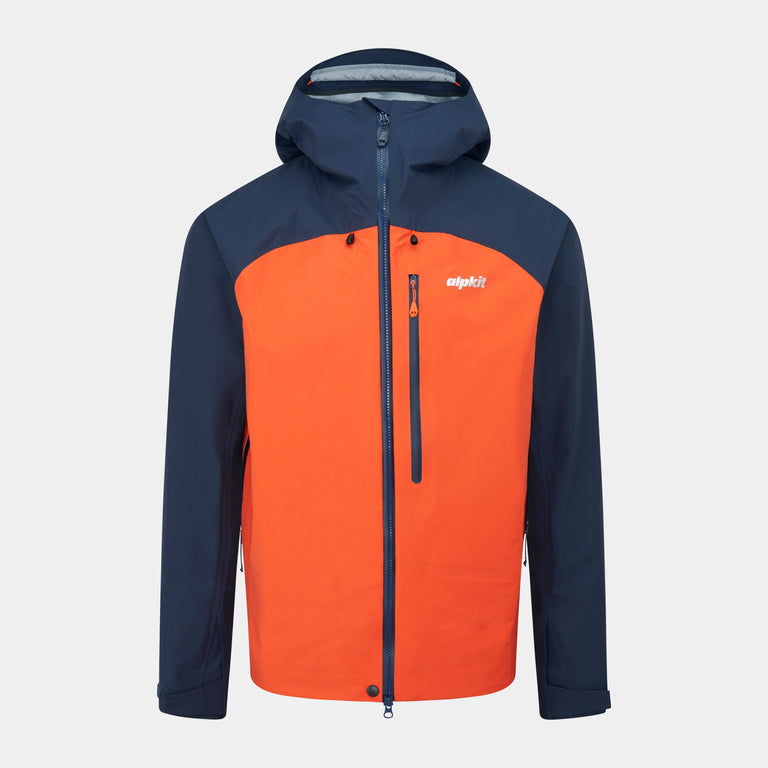
![Definition [Mens]](http://alpkit.com/cdn/shop/files/Definition-men-2.jpg?v=1760030579&width=768)

![Definition [Womens]](http://alpkit.com/cdn/shop/files/Definition-women-3.jpg?v=1764162500&width=768)
![Balance [Mens]](http://alpkit.com/cdn/shop/files/balance-mens-2025-reef.jpg?v=1764160608&width=768)
![Balance [Mens]](http://alpkit.com/cdn/shop/files/Balance-mens-1.jpg?v=1767019620&width=768)
![Balance [Womens]](http://alpkit.com/cdn/shop/files/balance-womens-2025-black.jpg?v=1764160433&width=768)
![Balance [Womens]](http://alpkit.com/cdn/shop/files/Balance-womens-3.jpg?v=1765272052&width=768)
![Fortitude [Mens]](http://alpkit.com/cdn/shop/files/fortitude-mens-2025-alder.jpg?v=1763659494&width=768)

![Fortitude [Womens]](http://alpkit.com/cdn/shop/files/fortitude-womens-2025-alder.jpg?v=1763659499&width=768)

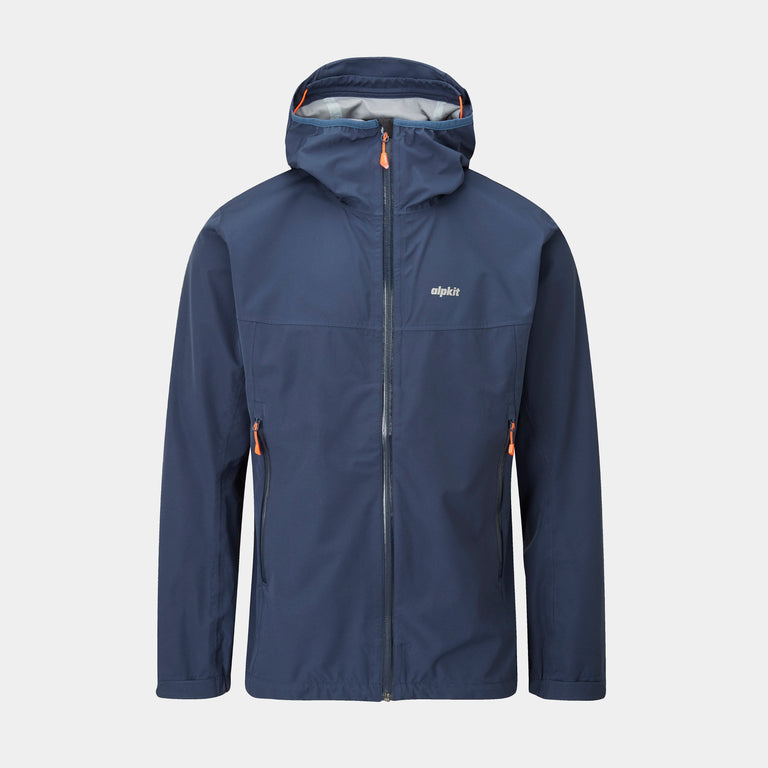

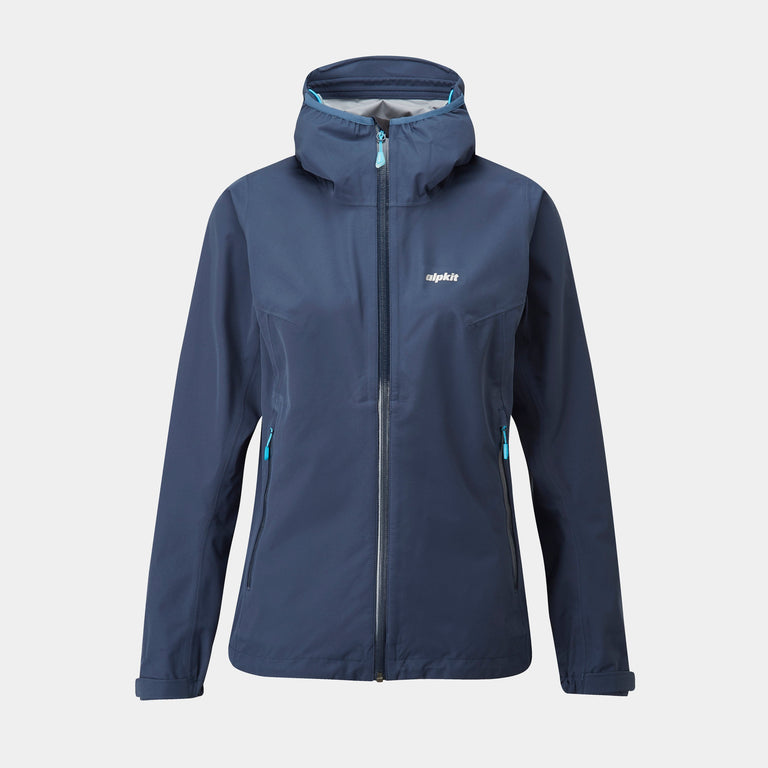



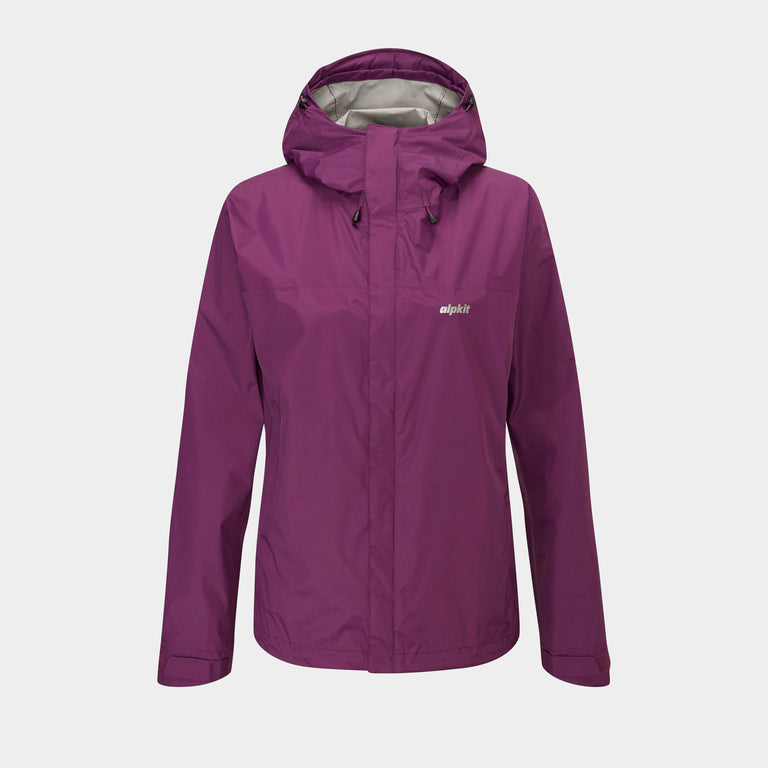

![Gravitas [Mens]](http://alpkit.com/cdn/shop/files/mens-gravitas-2025-chilli.jpg?v=1764948171&width=768)
![Gravitas [Mens]](http://alpkit.com/cdn/shop/files/gravitas-location-1-RETOUCH.jpg?v=1765452161&width=768)
![Gravitas [Womens]](http://alpkit.com/cdn/shop/files/womens-gravitas-reef.jpg?v=1722461253&width=768)


